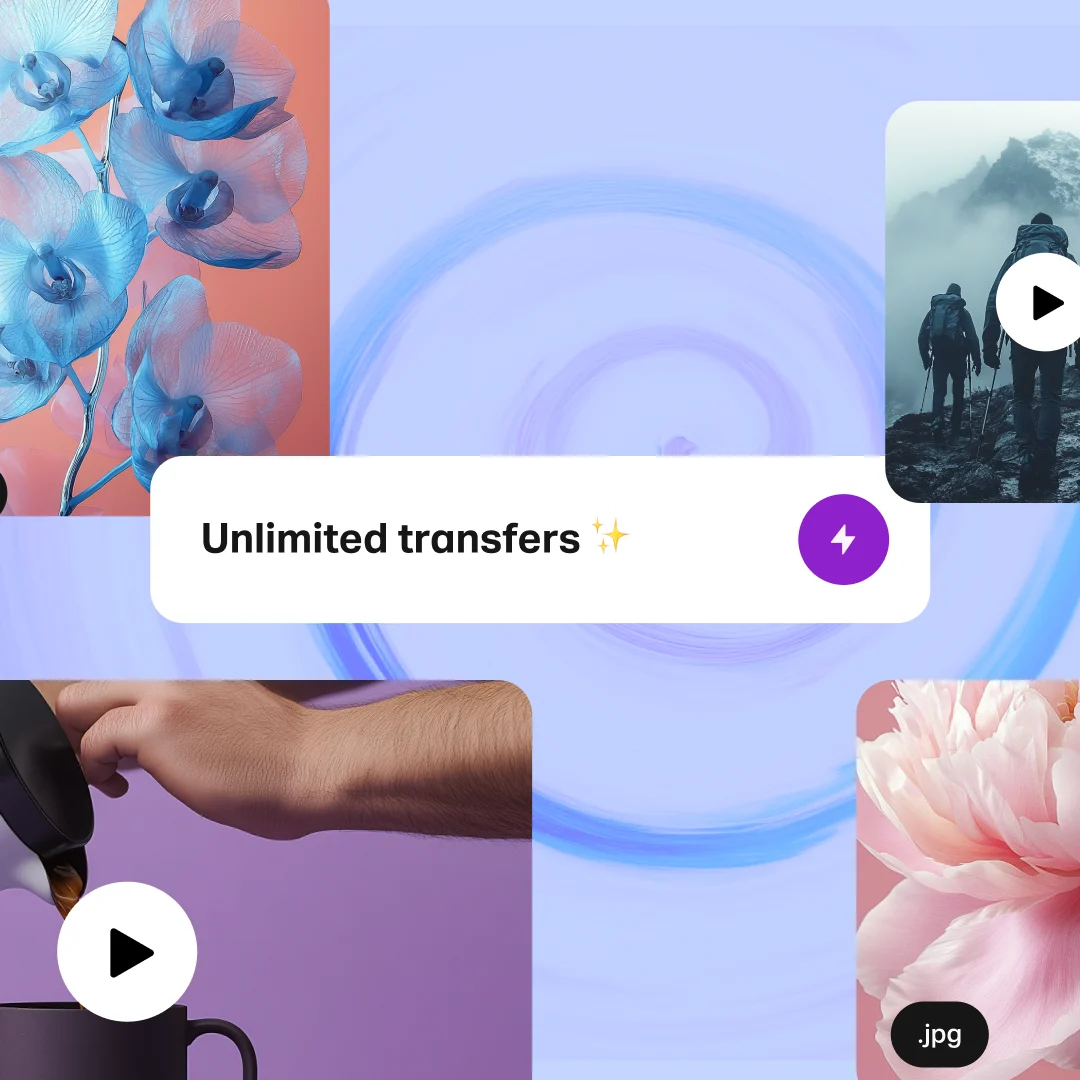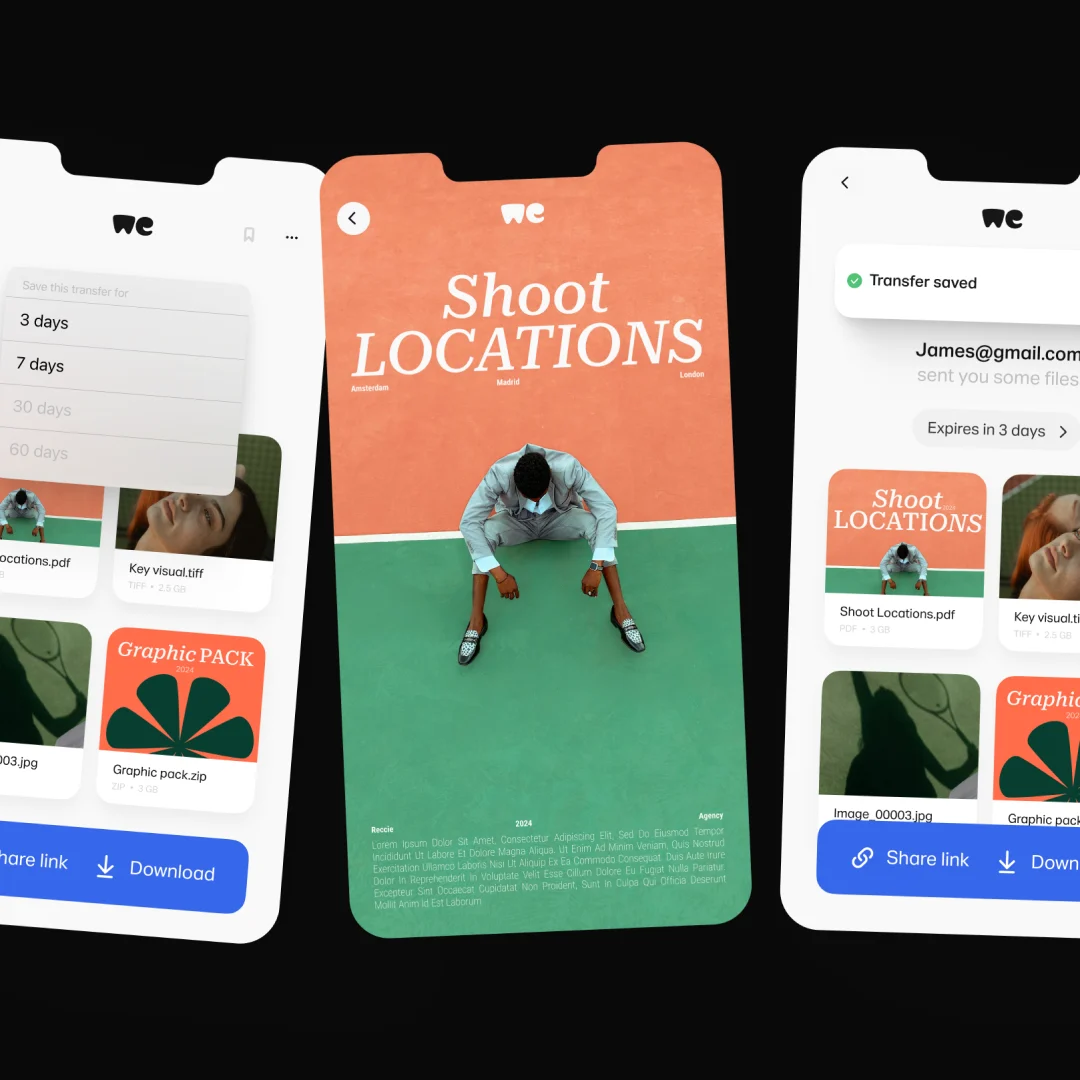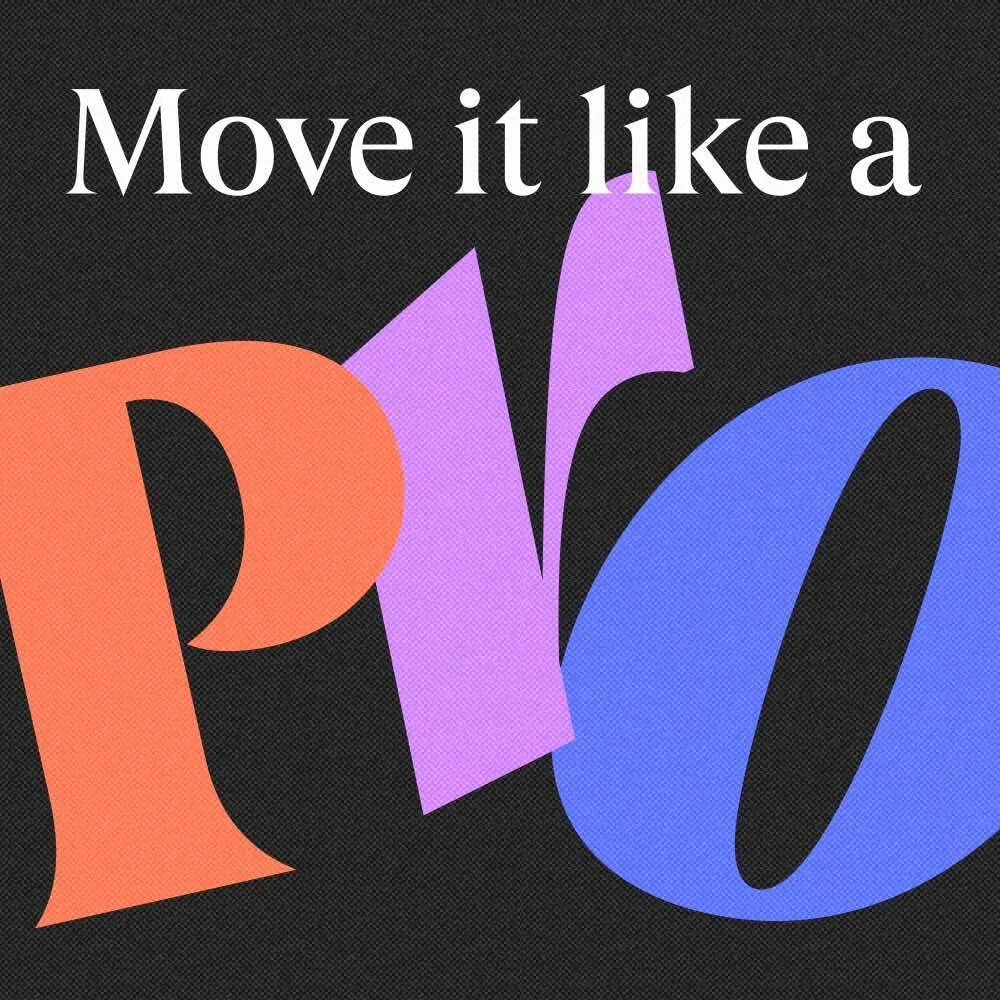Nelly Ben Hayoun and Arjun Appadurai on counter culture & education
Supporting pluralistic thinking with the University of the Underground

Here we are, at the big 1-0!
To celebrate our 10th birthday, we created an awesome print magazine, but the stories were too good not to bring them to life online.
“Of course, if you're going to dedicate your life to activism in some form, you're often going to find yourself very isolated,” notes Nelly Ben Hayoun over a Skype call from Berlin. “In that sense, it's very important to have this network group.” The “network group” the acclaimed designer and director is referring to is actually more than that. The University of the Underground is a school that reimagines club spaces in London and Amsterdam, aiming to give students dynamic and non-traditional new avenues into education.
Nelly is no stranger to rethinking how we use space for creativity. This was perhaps best illustrated when, back in 2013, she literally took the music of the International Space Orchestra into space. Her recently directed feature film I Am (Not) A Monster sees Nelly trying to answer questions using the knowledge of some of the world’s most celebrated critical and radical thinkers, including Noam Chomsky, Pussy Riot’s Nadya Tolokonnikova and Hannah Arendt. It makes sense that the work informs itself, and the university, founded in February 2017, promotes thinking that is subterranean in the hope that it inspires radical approaches to conventional subjects. For Hayoun, the question is simple: what might the world look like if institutions encouraged students to challenge as much as they inspire?
The metaphor of great ideas starting from below the surface is surely not lost on Nelly, and taking education underground for it to bubble beneath the status quo is crucial to its practice. Her colleague, acclaimed anthropologist Arjun Appadurai, describes the university as something to allow young people focus, while avoiding “wasteful use of space, location, place, buildings, and rooms” often offered up by traditional academic institutions.
Despite the isolation Nelly speaks about, in three years the university’s growth has been massive, welcoming hundreds of applicants. Now, as the scheme looks to expand its reach internationally, we catch up with designer Nelly Ben Hayoun and Arjun Appadurai fresh from a summer programme in New York. Together they discuss disrupting existing structures, how club spaces are central to their thinking, and what the university’s future might look like. — Kieran Yates
Kieran Yates — How do you describe the University of the Underground?
Nelly Ben Hayoun — We provide tuition-free, [the economic model is based on charitable scholarships from the university, fundraising and aims to receive 50% of donations from local and governmental grants in the future] pluralistic, and transnational education that can exist beyond borders. We decided to start this school because we believe that it's very important to set up an alternative format of education. In a time where there is a lean towards totalitarian regimes, it's important to also have a form of education that is separated from government and politics.
There is a lot of physical stuff in university spaces which has little to do with ideas
Kieran Yates — Why did you think that using club spaces as a site of teaching was important?
Arjun Appadurai — I think that they are important because they open up a question about what a university is, where it should be and how it should be. There is a lot of physical stuff in university spaces which has little to do with ideas: restaurants, for example, or bookshops that contain hardly any books but lots of T-shirts and mugs. Young people who come to the Underground are happy to be away from that kind of clutter and be able to engage with ideas in unorthodox settings.
Kieran Yates — You use the basements of Village Underground in London and De Marktkantine in Amsterdam. How do the spaces look and feel?
Nelly Ben Hayoun — It's a very multifunctional space where we have books, an editing room and a sound studio. We collaborate with record labels like XL Recordings, so we have access to some very collectible records. [A recent university fundraising project saw Hayoun work with a team to release of a series of rare records pressed on X-ray film known as The Library of Dangerous Thoughts]. We also have some very valuable manuscripts inside the library.
Kieran Yates — What are some of your favorite manuscripts that you might find?
Nelly Ben Hayoun — Well, of course you will find some Arjun Appadurai books! And a lot on critical design. Some of my favourites are a bit old school because I'm very interested in Hannah Arendt’s political theory and philosophy, but I also work a lot with theatrical books. We have plenty of Bertolt Brecht and Antonin Artaud books on Greek tragedy that I am really interested in because I use that a lot in my practice.
Arjun Appadurai — There is a book called The Next Billion Users by Professor Payal Arora which I think is relevant to the University of Underground and your question about the nightclub as a space. The book’s message is that leisure, rather than money, is transforming the lives of young people. I recommend it.
Kieran Yates — Arjun, a lot of your thinking centres around decolonising spaces in education. How does the University of the Underground does this?
Arjun Appadurai — I think the university does this in many important ways. Firstly by being open, without imposing hegemonic western design, and inviting people to share their experiences, their expertise, their aspirations and visions regardless of where they come from. Secondly, by having a faculty that is trying to explore, project, predict and imagine what the world to come might be. The colonial faculty was always, "We have the truth, now let us teach you what it is...” It's called a “civilizing mission.” I think the University of the Underground is exactly the opposite: it's taking people who come from many complex lives, societies, situations and asking them to share that with each other. The key to me for decolonising is the freedom to look ahead rather than be slaves: not just to the past, but to someone else's past.
Kieran Yates — Have there been some notable projects or alumni worth mentioning that you think encapsulate the ethos of the University?
Nelly Ben Hayoun — Alexander Kromer comes to mind. He is looking at decolonizing museums through the exploration of the history of slaves taken from Africa to the US through the Middle Passage. We also have a student that is looking at horror movies as a genre to discuss the struggle of social housing.
Kieran Yates — How does the teaching encourage imaginative solutions that you might not get elsewhere?
Nelly Ben Hayoun — Well, it’s more that the way we structure our classes is unique. You would never get someone who's going to tell you about political theory while you're learning about opera singing, for example. All the while hearing the nightclub upstairs setting up for the night...
The school is premised on the deep difference between training and imagination.
Kieran Yates — Do you feel like outsiders?
Nelly Ben Hayoun — If you're going to dedicate your life to activism in some form, whether it's activism within the context of an institution or activism within the context of larger causes like green causes, or decolonization and so on, you're often going to find yourself very isolated. In that sense it's very important to have this network group. We are very much focused on counter culture, building communities and supporting organized communities.
Kieran Yates — What kind of students do you think the University of the Underground attracts?
Nelly Ben Hayoun — We attract a complete variety of students. From the ultra-academic ones, to the completely unorganized, the school dropouts, the rebels and the activists. We have some students that started the Fees Must Fall movement and some that are quite well known for their social activism in their home countries of Pakistan and Bangladesh. When we started our first school for applicants, in a month and a half we had about 250 applicants coming from about 44 different countries. When we did our new call for New York we received 120 applicants across 55 different countries.
Arjun Appadurai — It has the unique feature of bringing experience of learning and teaching into the same space as highly disciplined, careful, critical thought. And my impression from the students is that they love this mix.
Kieran Yates — When you hear current political debate around activism and the future, where would you like to see change in order to move forward into a more useful discussion?
Nelly Ben Hayoun — My approach personally, as an educator, is to always tell my students: "I'm not the person to go to if you have emotions and feelings, I'm someone that you come to when you're seeking action.” Of course we get thinkers and so forth but, going back to the philosophy of Anna Arendt, we believe in thinking in action. We at the University of the Underground support pluralistic thinking. I will get the founder of the Tea Party, or a pro-Trump Pentagon employee that is currently building the wall between Mexico and the U.S to come and speak their mind at the university because I am not here to define what form of politics my students should believe in. I think at this point in time, we have this extreme danger of what art schools, and creative schools and other schools saying there is good thinking and there is bad thinking. A left side and a right side.
Kieran Yates — What does a future world of education look like for you?
Nelly Ben Hayoun — For me it's key that we build a federation of schools that exist independently from governmental politics. We need to be extremely innovative in the way we do things.
Related articles
 2025 WeTransfer plans remix—see our latest plans
2025 WeTransfer plans remix—see our latest plansWe’re remixing WeTransfer’s subscription plans, combining the best of the old with some fresh ideas. Highlights include WeTransfer’s most affordable plan ever, expanded access to powerful features, and the introduction of monthly limits for the Free plan.
 Save for now. Get to it later
Save for now. Get to it laterNever stress about expired links again. Discover how WeTransfer's ‘save for later’ feature lets you store and access important files whenever you need them.
 Unleashing our next era of growth, with Bending Spoons
Unleashing our next era of growth, with Bending SpoonsWeTransfer joins the Bending Spoons portfolio of digital businesses
 Behind the scenes with WeTransfer and Tribeca Festival
Behind the scenes with WeTransfer and Tribeca FestivalWhy we partnered with the iconic film festival for our latest short film launch
 Get Partner Perks with WeTransfer: Unlocking Creativity Together
Get Partner Perks with WeTransfer: Unlocking Creativity TogetherNew partner benefits and discounts exclusively for WeTransfer Pro subscribers
 Set a price, share your work, and get paid with WeTransfer
Set a price, share your work, and get paid with WeTransferIntroducing a simpler way to get paid for client work and make money from your creativity
 “Move it like a Pro” campaign highlights simple tools that help creators
“Move it like a Pro” campaign highlights simple tools that help creatorsA behind the scenes look into WeTransfer's latest brand campaign
 New Rules: Inspiring creatives at a difficult time
New Rules: Inspiring creatives at a difficult timeWe’ve launched a guide to help photographers navigate an industry in flux
 Creating a world? Join our new research project
Creating a world? Join our new research projectSubmit your projects to get published in our new memo, take part in our research and get paid for doing it.
 Talk to the Moon: one giant leap for WeTransfer
Talk to the Moon: one giant leap for WeTransferThe story of Talk to the Moon: a wonderfully strange AI experience, brought to life on WeTransfer
 Why we’re giving everyone at WeTransfer Fridays off over the summer
Why we’re giving everyone at WeTransfer Fridays off over the summerIntroducing WeTransfer Time Off: summer edition, with every full Friday during July and August granted as a day off, without changing our work patterns Monday to Thursday or adjusting compensation and benefits
 Season 4 roundup - Influence Podcast
Season 4 roundup - Influence PodcastDuring this season we talk to UK-based fashion designer Harris Reed and Oscar-winning actor, writer, producer and musician Riz Ahmed, plus more
 Season 3 roundup - Influence Podcast
Season 3 roundup - Influence PodcastThroughout this season Damian chats to Ben & Jerry's co-founder Jerry Greenfield and explores what happened behind closed doors at Cambridge Analytica, plus much more
 Season 2 roundup - Influence Podcast
Season 2 roundup - Influence PodcastDuring this season we explore the complexity of being black in America, non verbal communication, plus more
 Season 1 roundup - Influence Podcast
Season 1 roundup - Influence Podcastinfluence-podcast-by-wetransfer-season-1
 We’re launching our next act
We’re launching our next actSupporting the next generation of creatives
 Meet Holley M. Kholi-Murchison, Our New Creative Researcher-in-Residence
Meet Holley M. Kholi-Murchison, Our New Creative Researcher-in-ResidenceThe social practice artist sheds light on how our first creative residency came to life
 Alva Skog has an idea
Alva Skog has an ideaYou might notice some cheeky new artwork during your transfers by this Swedish artist. Here's how they came to life.
 Designing the 2020 Ideas Report
Designing the 2020 Ideas ReportTo show the impact of a year of chaos on the creative mind, we had to think outside the box
 When the going gets tough, the tough get going
When the going gets tough, the tough get goingCovid-19 has offered an unexpected opportunity for creatives to reset and innovate
 From Idea to Idea App in 3 Days Flat
From Idea to Idea App in 3 Days FlatHacking together an idea at the WeTransfer Hackathon
 Apple's SwiftUI
Apple's SwiftUIHow Collect experienced integrating this new technology
 Giving back to the open-source community
Giving back to the open-source communityHow the engineers at WeTransfer came together to support the open-source community
 More voices = better ideas
More voices = better ideasOur mission to bring more diverse voices to the table (and make sure they’re heard)
 The Trust Manifesto by Damian Bradfield
The Trust Manifesto by Damian BradfieldIf you could reinvent the internet now, what would it look like?
